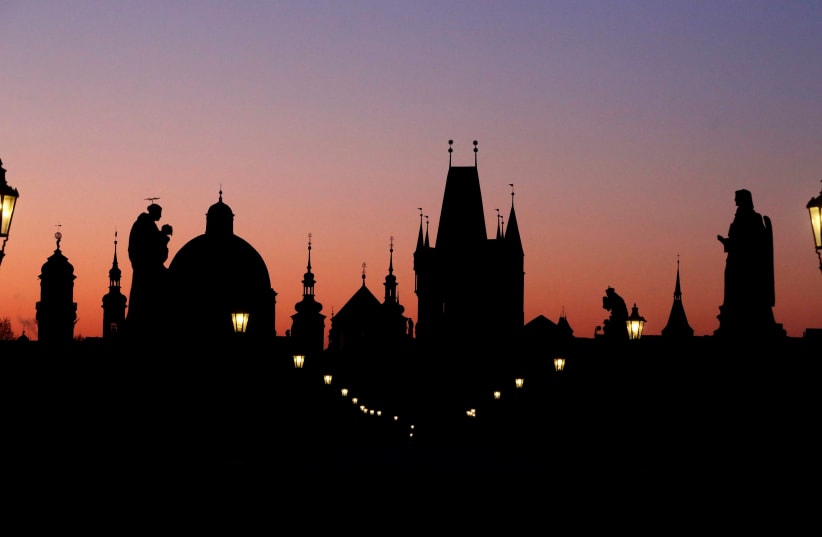'Einstein in Bohemia': A forgotten chapter for the famed scientist
In Einstein in Bohemia, Michael Gordin provides a meticulously researched, accessible, and fascinating portrait of Einstein, filtered “through the lens of his ties to Habsburg Prague.”
